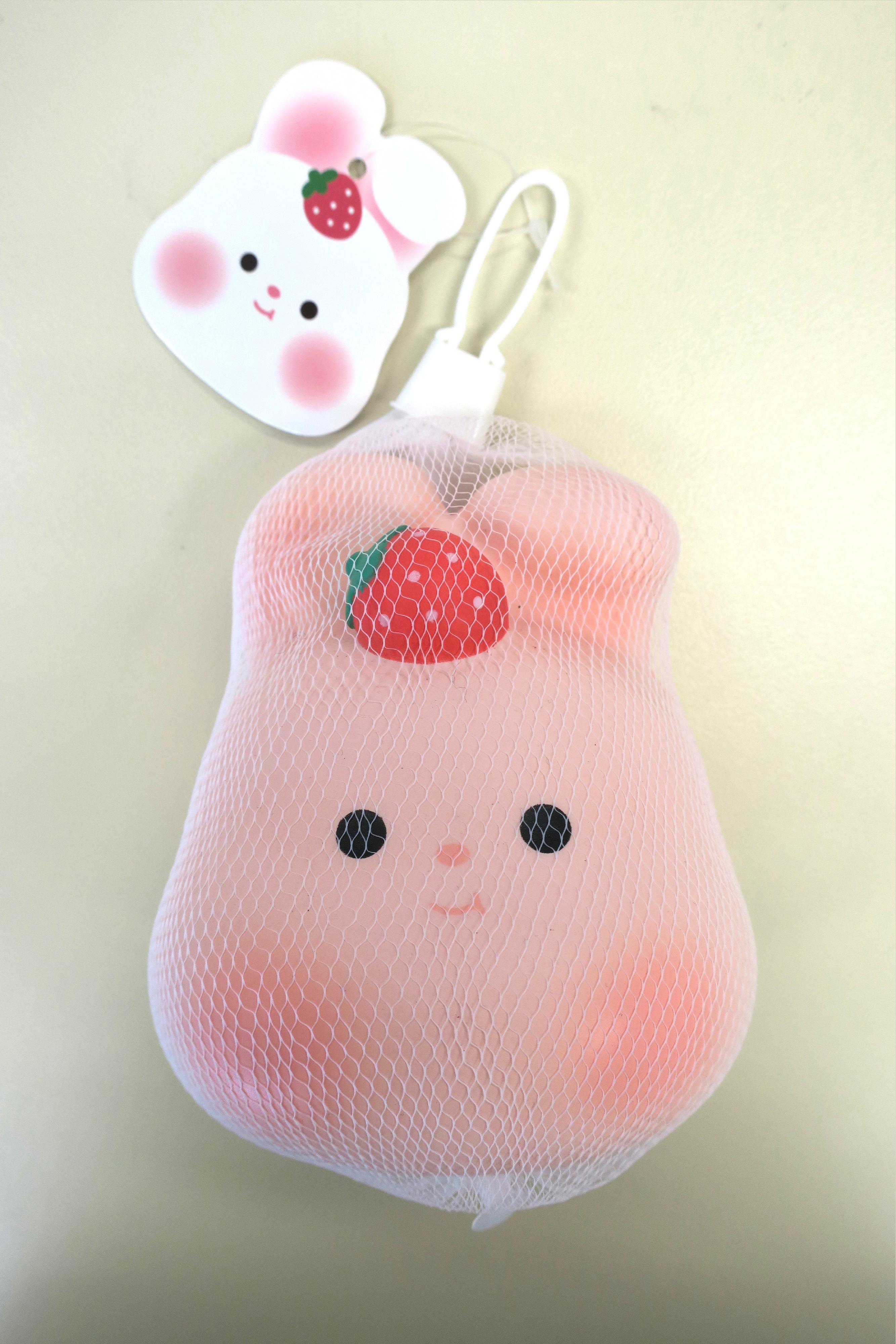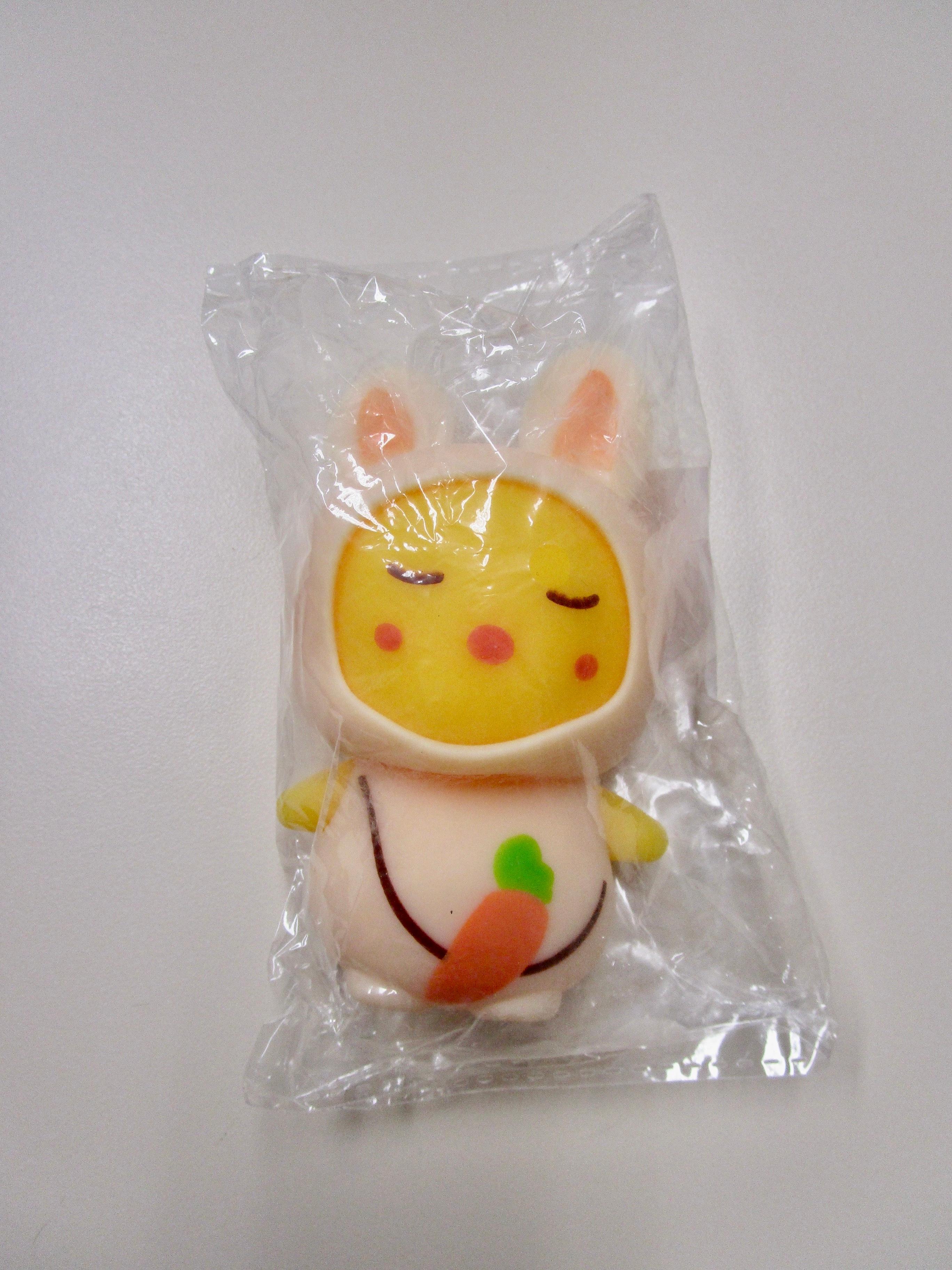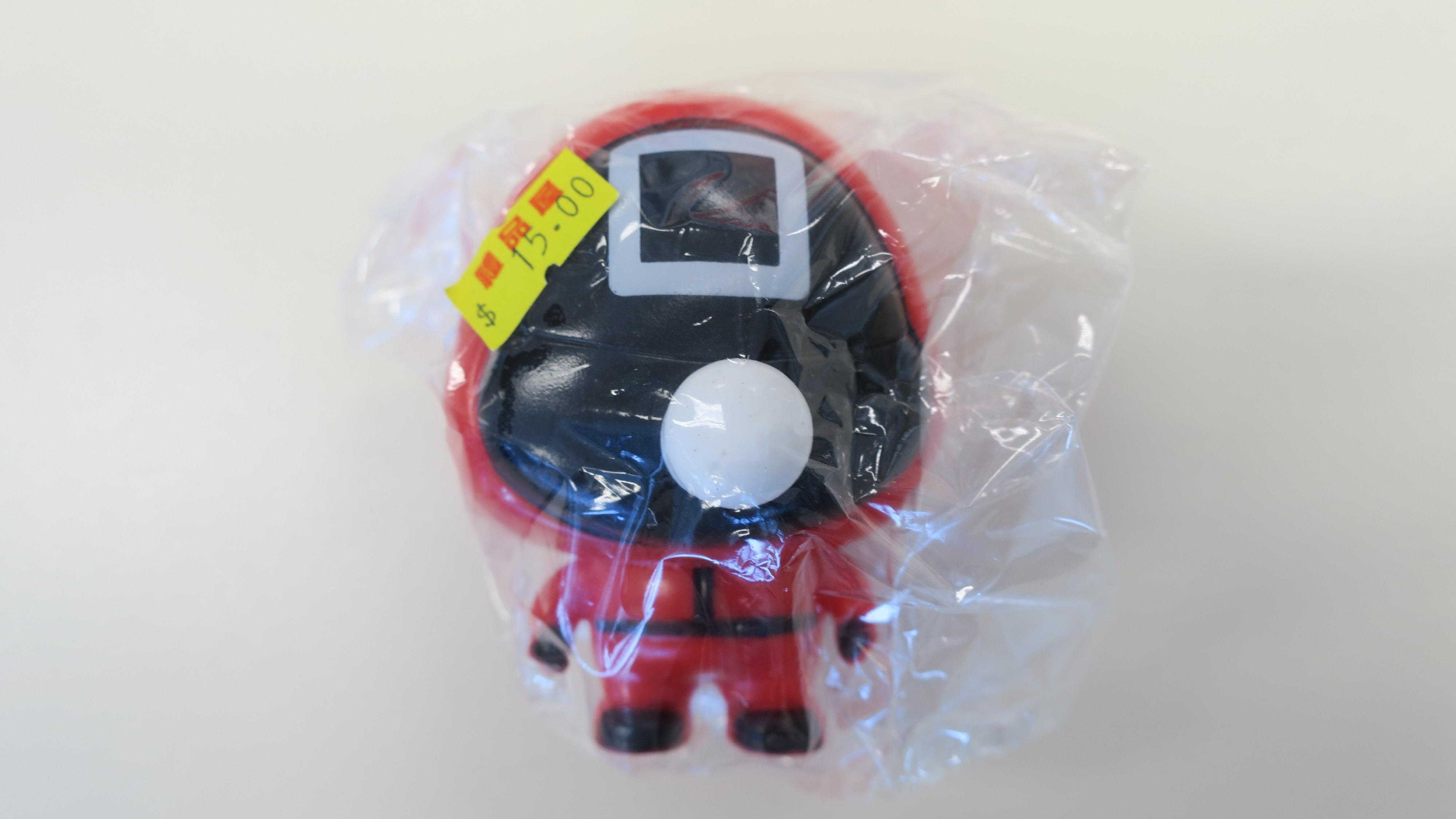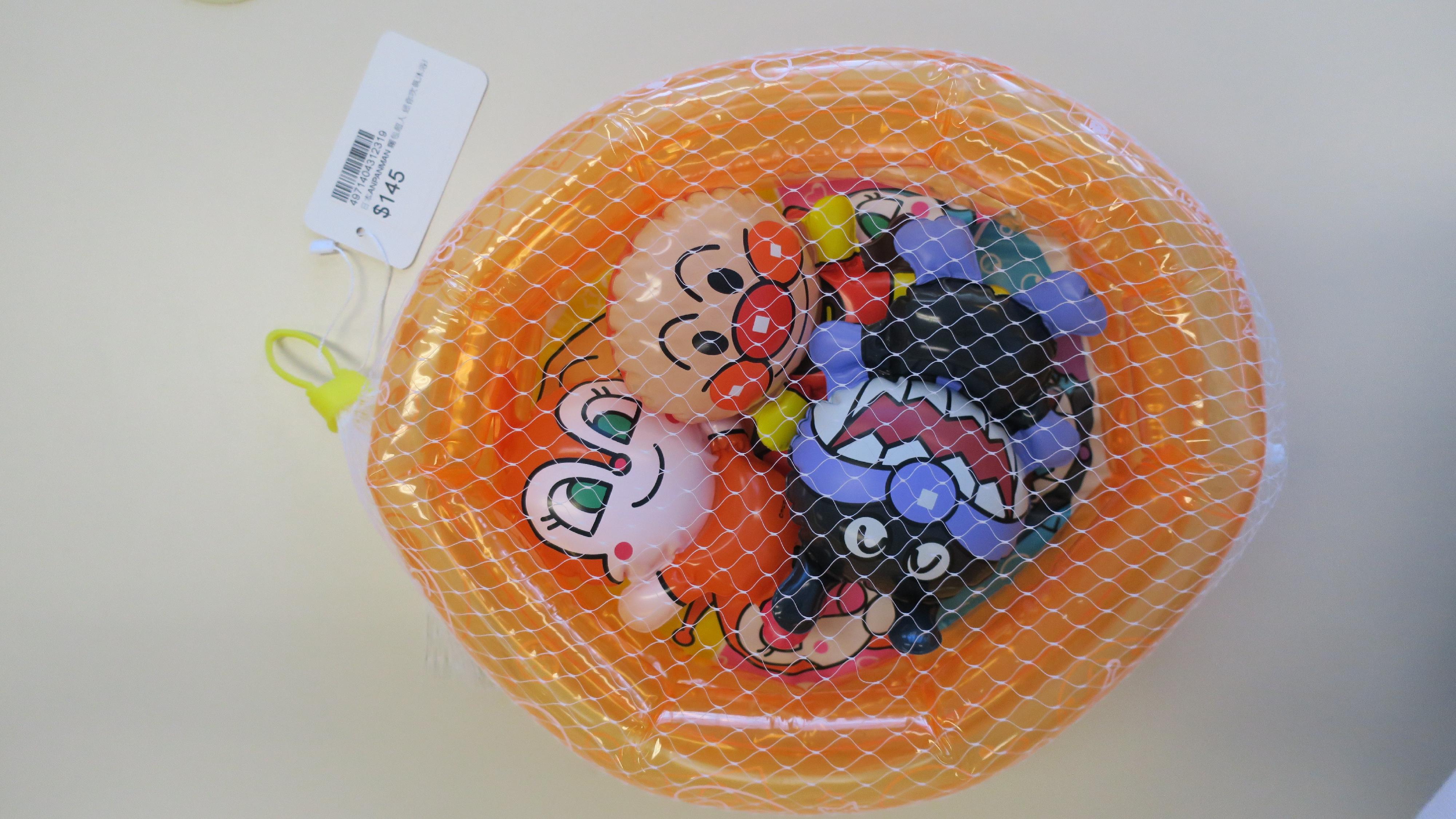​Hong Kong Customs today (March 15) reminded members of the public to stay alert to four unsafe models of plastic toys. Test results indicated that two of the models could pose suffocation risks to children. The amount of phthalates (a type of plasticiser) contained in another model exceeded the limit stipulated in the Toys and Children's Products Safety Ordinance (TCPSO) and its subsidiary legislation. The last model failed to bear identification markings and bilingual warnings or cautions as stipulated in the TCPSO. To avoid an accident, parents should immediately stop their children from playing with these four toys. Traders should also remove the toys from their shelves.
Customs earlier received a referral from a related organisation that suspected unsafe plastic toys were being supplied in the market. Customs officers immediately conducted spot checks in various districts and test-purchased 13 models of plastic toys for safety testing. Test results revealed that two models of plastic squeeze toys had easily detachable small parts while the thickness of the plastic packaging bag of one of the two models was too thin. The small parts and packaging bag could pose a suffocation hazard to children if the former was swallowed by them or the latter was placed over their face.
Moreover, test results also revealed the Class 1 phthalates contained in another model of plastic squeeze toy reached 27 per cent of the total weight of the plasticised materials, exceeding the limit of 0.1 per cent stipulated in the TCPSO and its subsidiary legislation. A model of plastic bath toy was suspected of contravening the TCPSO for failing to comply with the requirements to bear identification markings and bilingual warnings or cautions.
Customs later conducted an operation and searched the four retail shops in connection with the case. Customs officers seized nine items of one model of plastic squeeze toy suspected of posing suffocation risks to children from one of the shops. A prohibition notice was served at the same time to prohibit the continued sale of the toy. Regarding another model of plastic squeeze toy suspected of posing suffocation risks to children, Customs officers has also served a prohibition notice to the shop concerned.
Moreover, Customs officers also conducted spot checks in various districts across the territory and have found no sale of the four models of plastic toys connected to the case so far. An investigation is ongoing.
Customs reminds members of the public that chronic exposure to plasticiser may harm children's health and cause liver, kidney, reproductive and development system toxicity. When purchasing and using toys, parents should observe the following safety tips:
- Do not let children play with toys alone;
- Pay attention to age recommendations shown on labels;
- Follow the instructions associated with the toys;
- Take heed of whether the small parts of toys are easily detachable. Detached small parts may block children's throats and lead to suffocation if swallowed;
- Check the structure of the toys to see, for example, whether they have a fragile structure, hidden sharp points, rough surfaces, sharp edges or gaps that may pinch children's fingers;
- Avoid prolonged exposure to or licking of plastic toys;
- Throw away plastic packages of toys to avoid children being suffocated; and
- Stop children from playing with the toy if any damage is observed.
Customs is committed to safeguarding consumers' safety and regularly conducts spot checks and safety tests on toys or children's products to ensure that they are reasonably safe for use by consumers.
Under the TCPSO, it is an offence to supply, manufacture or import unsafe toys or children's products. The maximum penalty upon conviction is a fine of $100,000 and imprisonment for one year on first conviction, and a fine of $500,000 and imprisonment for two years on subsequent conviction.
Members of the public may report information relating to suspected unsafe toys or children's products via Customs' 24-hour hotline 2545 6182 or its dedicated crime-reporting email account (crimereport@customs.gov.hk).
Follow this news feed: East Asia









